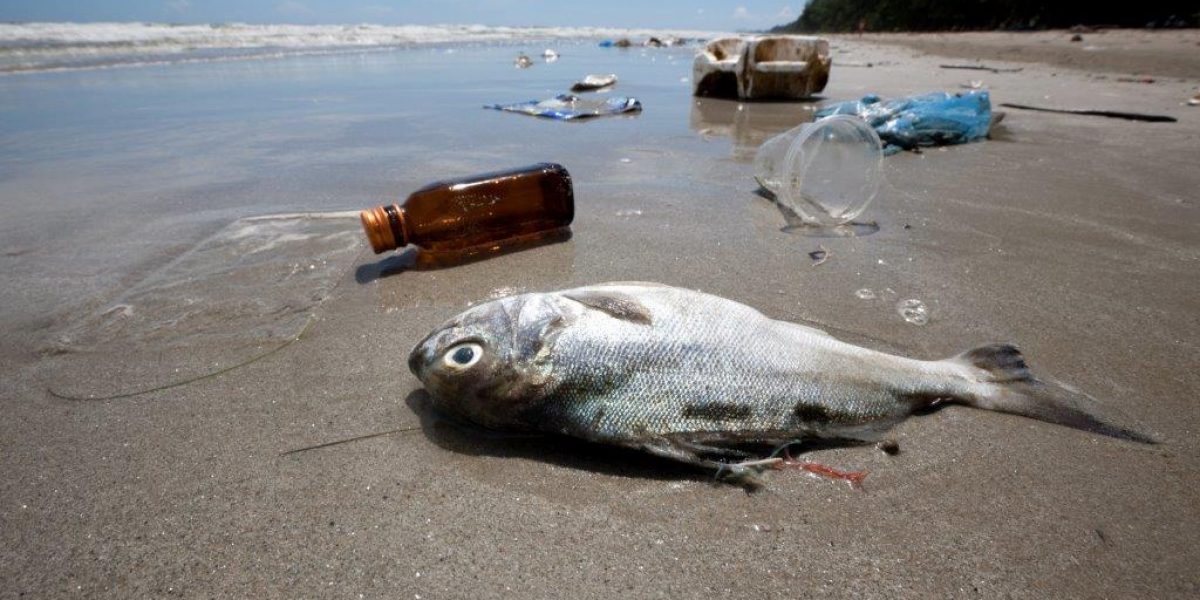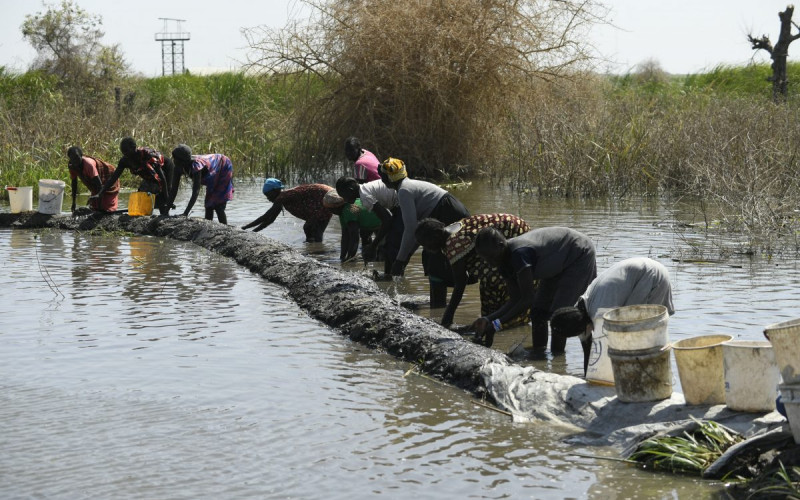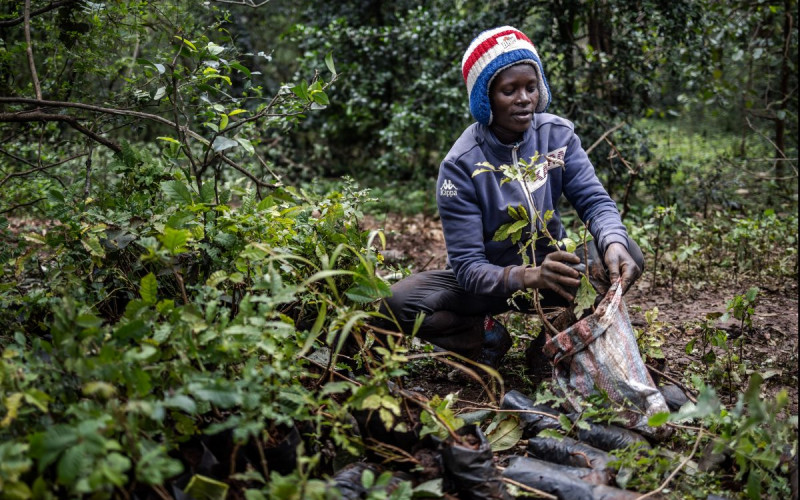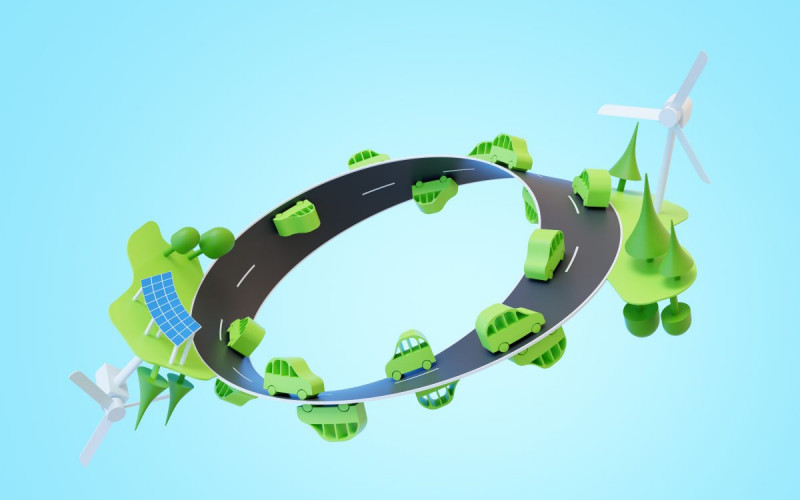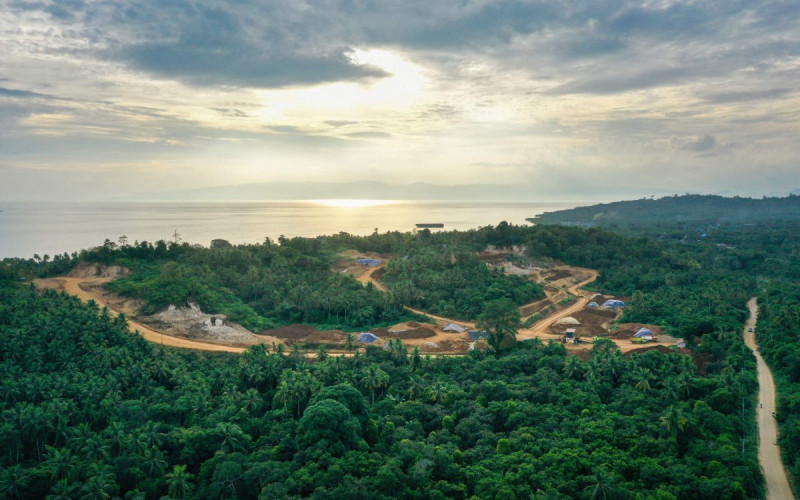Many policy responses have been developed in an attempt to address this issue, yet the amount of plastic waste in the ocean continues to increase annually. This policy insight reviews the causes and consequences of marine plastic waste and assesses the international policy responses to the problem. Particular focus is given to the African continent, which is headed towards becoming the world’s most polluted continent.
Introduction
Durable, versatile, resistant, light and affordable – these are the properties that make plastic a truly revolutionary material. The use of plastics has increased alongside global population growth, industrialisation and urbanisation, giving rise to the ‘Age of Plastic’.
Plastic products are easy and cheap to manufacture (with production increasing every year), which has resulted in a ‘throwaway culture’, where products are meant to have a short service life before being discarded.
The waste generated is difficult to manage and negate, as plastic waste generation increases annually while existing plastic waste degrades very slowly. Of particular concern is the growing accumulation of plastic waste in the ocean. This poses a serious danger to marine and coastal ecosystems, with the result that the economies and societies dependent on these ecosystems are negatively affected…

